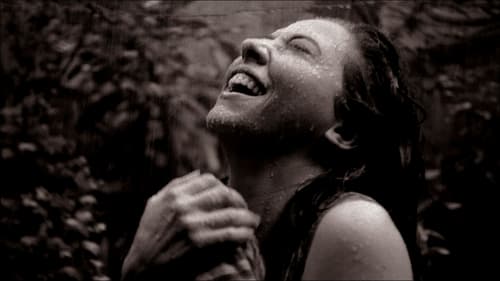
Editor
No synopsis

Cinematography
Delirium of the hunger of a man who incorporates, in the course of an ancestral ritual, the demons of a sick country. Home and man become living testimonies of history. Sanctuary or headquarters, the transformations affect everything around and provoke the fury of the sky.

Editor
Delirium of the hunger of a man who incorporates, in the course of an ancestral ritual, the demons of a sick country. Home and man become living testimonies of history. Sanctuary or headquarters, the transformations affect everything around and provoke the fury of the sky.

Director
Delirium of the hunger of a man who incorporates, in the course of an ancestral ritual, the demons of a sick country. Home and man become living testimonies of history. Sanctuary or headquarters, the transformations affect everything around and provoke the fury of the sky.

Editor
With the world in suspension Dante meets Ava, a woman who offers him her affection to facilitate his crossing over to the other side.

Editor
On the edge of the Transbrasiliana highway, Edna lives in a land in ruins, built on massacres.

Editor
Down on his luck and recently divorced, Paulo has begun driving a cab around Rio, hoping he’ll make enough to send his ex money to support their ten-year-old son. He mostly works nights, so in addition to his encounters with a colourful variety of customers, colleagues, cops and others, he must cope with loneliness, fatigue and new faces in his life.

Editor
When bandits take the town of Sertânia, Antão gets shot, arrested, and left to die. Bleeding out, Antão's delirious mind begins to recall the events that led up to the incident through a sequence of increasingly unreliable fever dreams.

Editor
A documentary-tribute to the filmmaker Humberto Mauro considered the pioneer of Brazilian and Latin American cinema, directed by his grandnephew, André Di Mauro.

Editor

Researcher
A deep investigation, in the way of a poetic essay, on one of the main Latin American movements in cinema, analyzed via the thoughts of its main authors, who invented, in the early 1960s, a new way of making movies in Brazil, with a political attitude, always near to people's problems, that combined art and revolution.

Editor
A deep investigation, in the way of a poetic essay, on one of the main Latin American movements in cinema, analyzed via the thoughts of its main authors, who invented, in the early 1960s, a new way of making movies in Brazil, with a political attitude, always near to people's problems, that combined art and revolution.

Editor

Editor
In Rio de Janeiro, close to the mythical Maracana stadium, venue for the grand final of the World Cup 2014, we find an ordinary football field in the Sampaio neighborhood. There, football happens as a genuine expression of Brazilian culture. With the games on Sundays, the annual slum football league has 14 teams. Each represents the colors and rituals of their community. Geração x Juventude contest the final.










